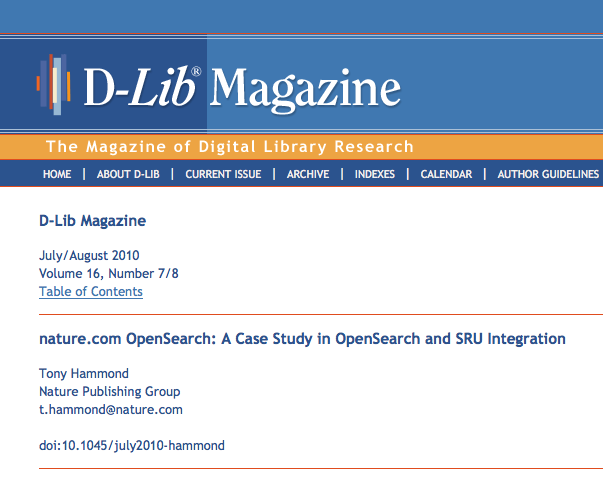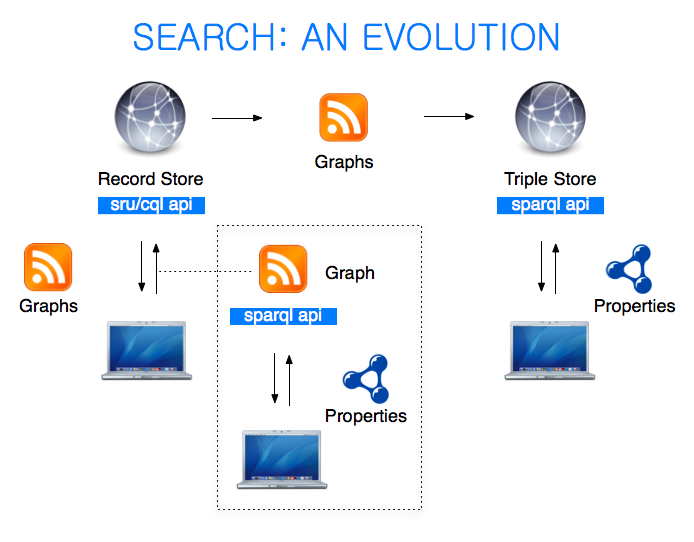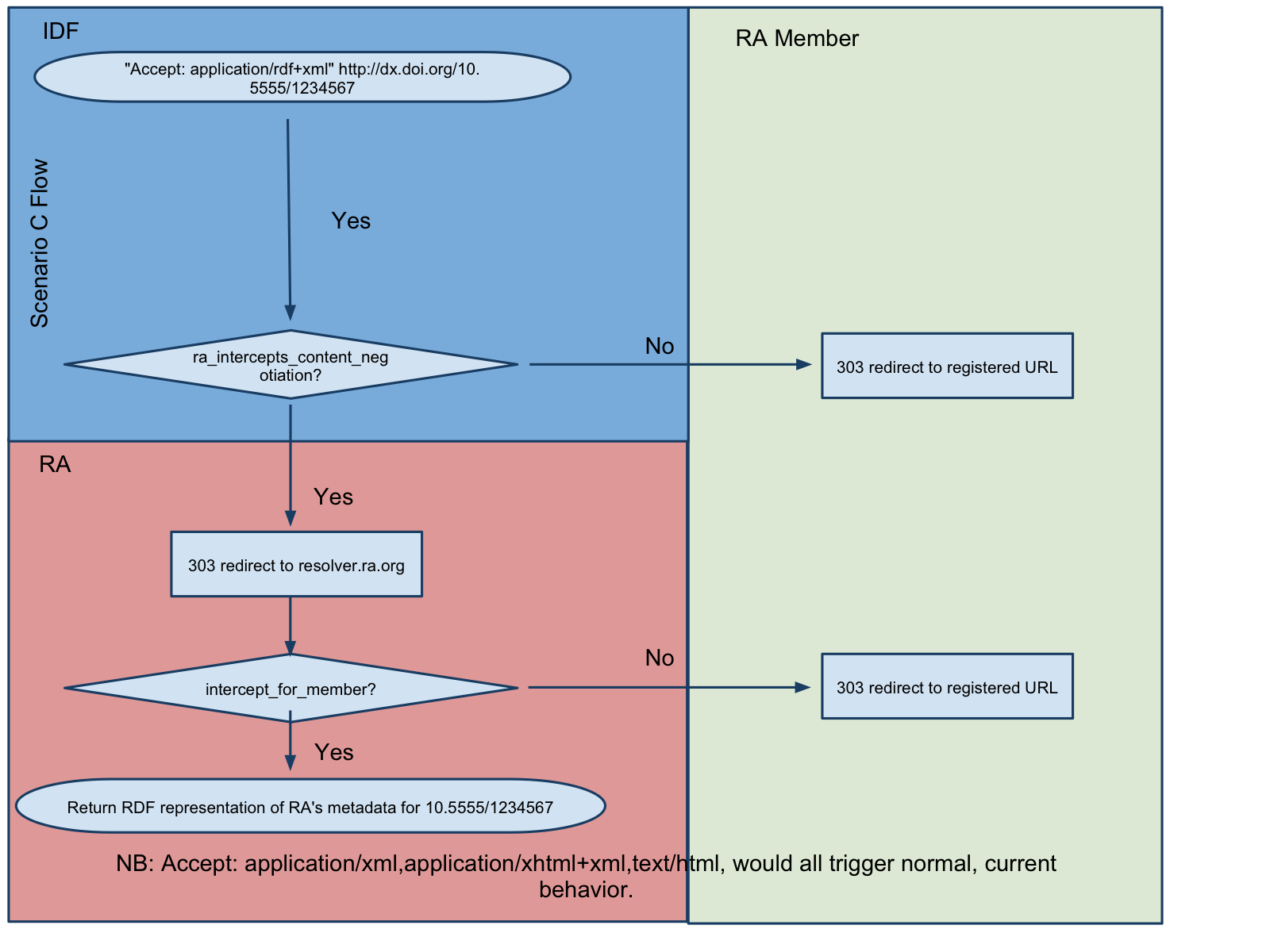Today two new record types were added to dx.doi.org resolution for Crossref DOIs. These allow anyone to retrieve DOI bibliographic metadata as formatted bibliographic entries. To perform the formatting we’re using the citation style language processor, citeproc-js which supports a shed load of citation styles and locales.
Crossref Blog
We’ve been asked a few times if it is possible to determine whether or not a particular domain name belongs to a Crossref member. To address this we’re launching another small service that performs something like a “reverse look-up” of URLs and domain names to DOIs and Crossref member status.
In April In April for its DOIs. At the time I cheekily called-out DataCite to start supporting content negotiation as well. Edward Zukowski (DataCite’s resident propellor-head) took up the challenge with gusto and, as of September 22nd DataCite has also been supporting content negotiation for its DOIs.
Today I’m announcing a small web API that wraps a family name database here at Crossref R&D. The database, built from Crossref’s metadata, lists all unique family names that appear as contributors to articles, books, datasets and so on that are known to Crossref.
So does anybody remember the posting DOIs and Linked Data: Some Concrete Proposals? Well, we went with option “D.” From now on, DOIs, expressed as HTTP URIs, can be used with content-negotiation. Let’s get straight to the point.
Announcements regarding Crossref system status or changes are posted in an Announcements forum on our support portal (http://support.crossref.org). We recommend that someone from your organisation monitor this forum to stay informed about Crossref system status, schema changes, or other issues affecting deposits and queries.
While working on an internal project, we developed “pdfstamp“, a command-line tool that allows one to easily apply linked images to PDFs. We thought some in our community might find it useful and have released it on github. Some more PDF-related tools will follow soon.
Just a quick heads-up to say that we’ve had a go at incorporating InChIs and ontology terms into our PDFs with XMP. There isn’t a lot of room in an XMP packet so we’ve had to be a bit particular about what we include.

Since I’ve already blogged about this a number of times before here, I thought I ought to include a link to a fuller writeup in this month’s D-Lib Magazine of our nature.com OpenSearch service which serves as a case study in OpenSearch and SRU integration: doi:10.1045/july2010-hammond

(Click image for full size graphic.) I thought I could take this opportunity to demonstrate one evolution path from traditional record-based search to a more contemporary triple-based search.

Since last month’s threads (here, here, here and here) talking about the issues involved in making the DOI a first-class identifier for linked data applications, I’ve had the chance to actually sit down with some of the thread’s participants (Tony Hammond, Leigh Dodds, Norman Paskin) and we’ve been able sketch-out